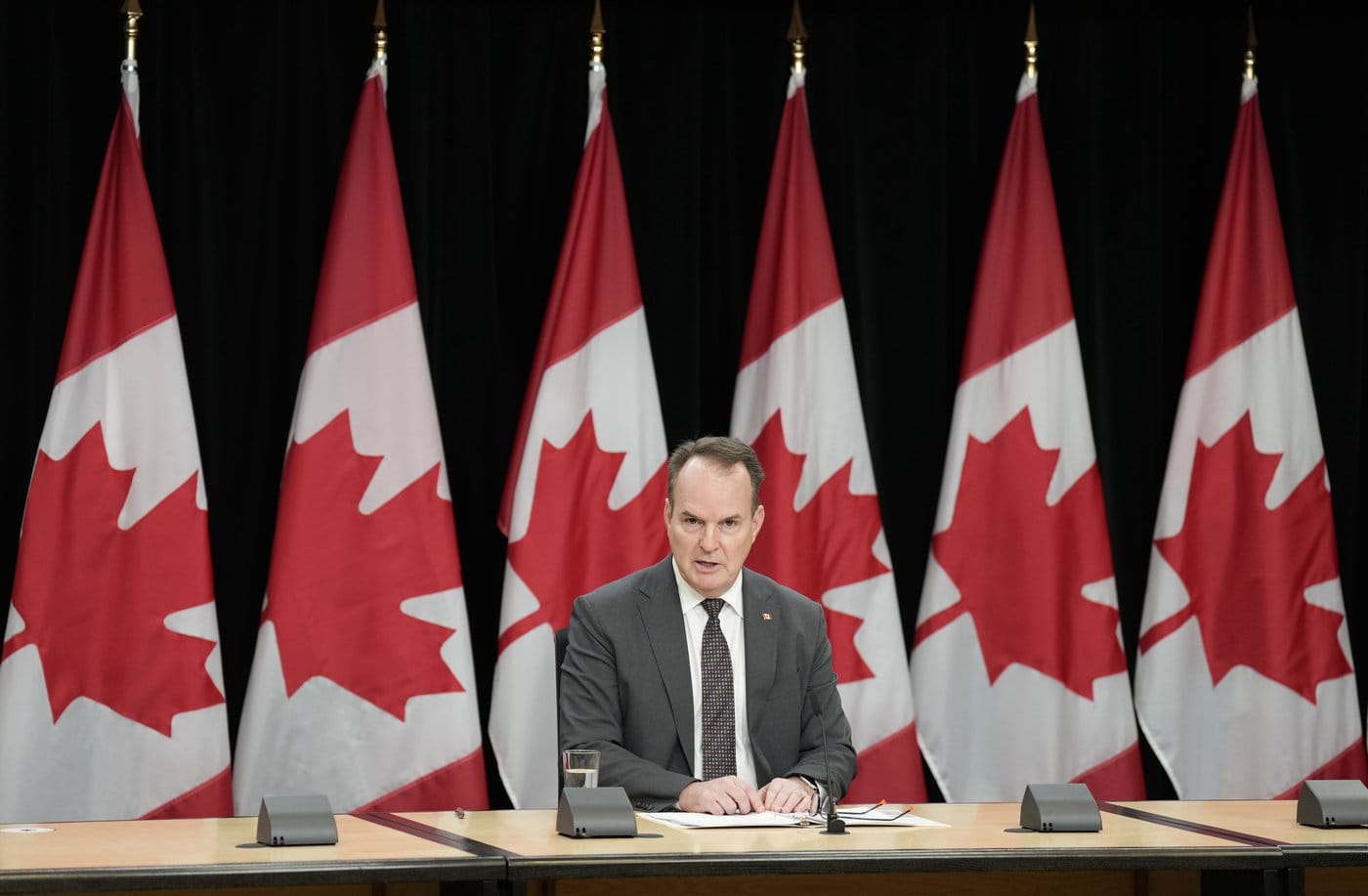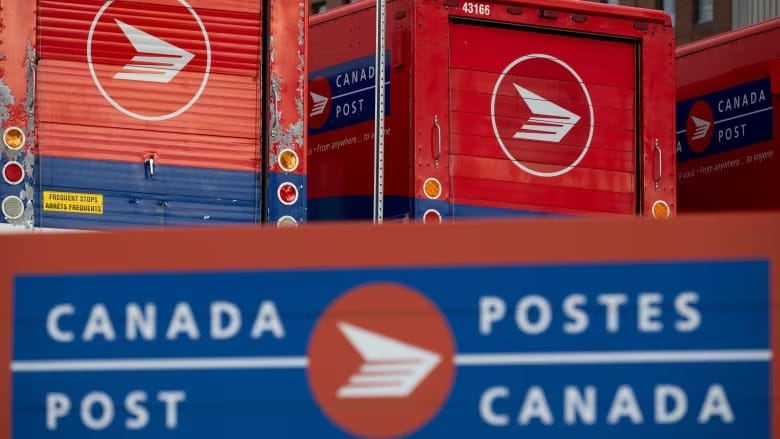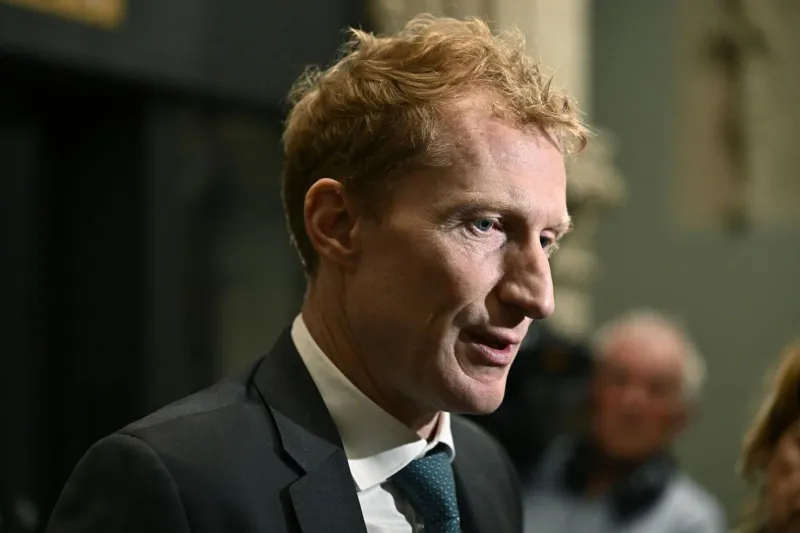Federal government moves to end port work stoppages, orders binding arbitration
This could embolden employers to use tactics like lockouts to trigger government-imposed arbitration, making it harder for unions to negotiate freely in the future.

Labour Minister Steven MacKinnon's decision to intervene in port labour disputes in both Montreal and British Columbia has sparked significant backlash, with critics warning it could undermine workers’ rights and set a problematic precedent for future labour negotiations. MacKinnon invoked the Canada Industrial Relations Board's authority to mandate a return to work and move stalled contract talks to binding arbitration, effectively ending work stoppages that were disrupting the country’s supply chains.
Criticism from Labour Experts and Unions
Labour experts argue that this intervention undermines the collective bargaining process. Barry Eidlin, a sociology professor at McGill University, suggests the government's action plays into employers' hands by encouraging them to prolong negotiations in hopes of government intervention. According to Eidlin, the Maritime Employers Association's recent lockout of nearly 1,200 dockworkers at the Port of Montreal was a strategy not to pressure workers directly but to force government intervention — which ultimately worked.
This marks the second instance this year of Ottawa stepping in to resolve labour disputes through binding arbitration. The first occurred during the summer when a strike involving Canada’s two major railways led to government action, a move that is currently being challenged by the Teamsters union in court. The concern is that these interventions send a signal that employers can leverage government pressure rather than negotiate in good faith.
Alison Braley-Rattai, a labour professor at Brock University, emphasized that by sidestepping the need for formal back-to-work legislation, the government avoids political scrutiny and parliamentary debate. This could embolden employers to use tactics like lockouts to trigger government-imposed arbitration, making it harder for unions to negotiate freely in the future. Braley-Rattai warned that continual reliance on arbitration weakens the incentive for parties to reach their own settlements, threatening the integrity of collective bargaining.
Union Response and Political Reactions
The Canadian Union of Public Employees (CUPE) in Quebec, which represents Montreal dockworkers, condemned the government's intervention as a serious infringement on their constitutional right to collective bargaining. The federal NDP also criticized the Liberal government's actions, accusing it of bowing to corporate interests at the expense of workers' rights.
In contrast, business groups, including the Greater Vancouver Board of Trade and the Canadian Federation of Independent Business (CFIB), welcomed the intervention. They argued that the disruptions were jeopardizing jobs, trade, and Canada’s reputation as a reliable trading partner. The CFIB went further, urging the government to designate ports as essential services, which would prevent future work stoppages.
Government's Justification and Economic Concerns
Minister MacKinnon defended the decision, stating that the work stoppages at critical ports were having an outsized impact on supply chains and the broader economy. He acknowledged the importance of collective bargaining but emphasized the government's duty to safeguard Canada's economic stability. MacKinnon pointed out that negotiations had reached an impasse, with no immediate resolution in sight, posing significant economic risks.
“Canadians have limited tolerance right now for economic self-harm,” he remarked, underscoring the urgent need to restore operations at the ports to protect jobs, businesses, and communities.
This latest intervention highlights the delicate balance the government faces between protecting economic interests and upholding workers' rights to negotiate freely. As tensions continue to flare between labour groups and employers, the debate over how far the government should go in resolving industrial disputes is likely to intensify.





